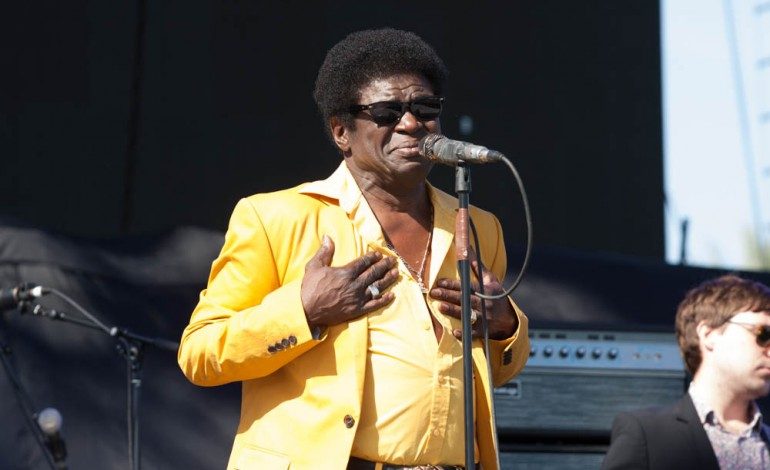

Daptone Records, the company that represented Charles Bradley, released a touching video dedicated to the late singer. Jeff Broadway and Cory Bailey directed a video in which we see Charles Bradley speak about the end of his life, about life in general, before watching him sing. It is sad in the happiest of ways to see Bradley talk in this way about following one’s dreams. He discusses his faith, admitting that he will always believe in a God, using the Church he stands in St. Stephen’s Cathedral in Vienna, Austria, as proof.
“I don’t care what trials or tribulations they put me under. I never give up on my faith. That’s what keeps me going.”
Bradley, a devout man, has a love for the world that he wants to share. He appreciates the “late chance” he’s been given in life and wants others to succeed.
“Anybody out there that’s seeking their dreams—for an older person like me, don’t give up—take it to your grave.”
In the second half of the video, after he visits the church, Bradley performs an a cappella version of his song “Victim of Love.” The recording of him performing on the streets of the Vienna is overlaid with a different recording of him singing alongside a guitar strum. The coarseness of his voice gets pressed and flattened out into soulful gush of emotion and blues, which helps one understand why Bradley calls himself the “screaming eagle of soul.”
Bradley died of cancer on September 23rd, 2017. He sang soul, funk, and R&B. Signed to Daptone Records, he delivered a style similar to what it wanted from him, the funk and soul feel so characteristic of the sixties. People have compared him to Otis Redding. Bradley was discovered by Gabriel Roth of Daptone Records one night during his moonlighting gig as a James Brown impersonator in the late nineties. From there, Roth invited him to meet with various artists involved with Daptone, and his career began to take off. Bradley was granted ten songs to record, which were later used for his debut album, No Time For Dreaming, which came out in 2011. Bradley’s career is so interesting because of how late it started, and just by happenstance at that. It goes to show that great talent is always discoverable if it is given avenues from which to be heard or seen.
